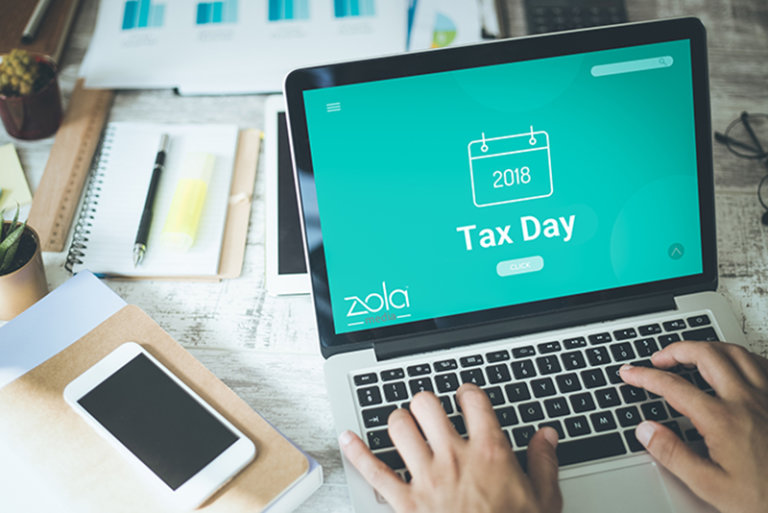With tax season upon us, you might be wondering what deductions you can add to your business. You might be aware of the standard deductions like company vehicles, salaries, contract laborers, supplies, and others but did you know the cost of your website may also apply to your deductions? The IRS has not given any official guidelines regarding the cost of your firm’s website, but we’ve provided a guide to help demystify the process.
To claim your website, you must first figure out the cost. From here, many different factors weigh into how you should claim your website, each of them coming with positives and negatives. Keep in mind that while we are website experts, we are not tax experts. If you have any detailed questions, it’s best you contact a tax professional.
Factors to Consider
When claiming your website for tax relief, there are many factors to consider. You are going to want to answer some of the following questions.
What kind of website is it?
According to tax accountants, you must classify your website as either simple or complex. A simple website, is a website that is built from a basic template and does not have any custom features. Simple websites are filed under “Section 179 Property.” Filing under Section 179 means that you are declaring your website as an asset. As a general rule, deductions should be applied over the “useful life” of the website.
A complex website is best described as a custom built website. Custom built websites will feature custom themes, animations, and other features. When a website is custom, it is considered a software. By declaring your website a software, you will be able to deduct the cost of the website over a three year period. Declaring your website as a software is the best option. The rationale behind this is that websites typically need to be updated every 4-5 years. This allows you to deduct the full price of the website before purchasing a new one.
When was the work performed?
If the website is purchased prior to any sales, the company can declare up to $5,000 of the cost in the first year. The remaining cost of the website will be deducted over a 15 year period. This is not the best option because, as previously stated, websites usually need to be updated every 4-5 years.
What is the website’s function?
When declaring your website, it may fall under the “advertising loophole,” as your website can be declared as an advertisement. Although, there are restrictions that go along with this declaration. You will not be able to utilize this loophole if your company sells products or services on the website. For example, your website cannot have a shopping cart. If you are planning on launching a custom landing page, this option would be your best choice. For any advertisements, the cost is deductible in the first year of purchase.
Although Omnizant can build you an elegant, user-friendly, and fully optimized website, you should look to a tax professional for in-depth tax analysis. If you are getting a nice refund this year, then consider purchasing a website! Give us a call at 877.959.8853.

